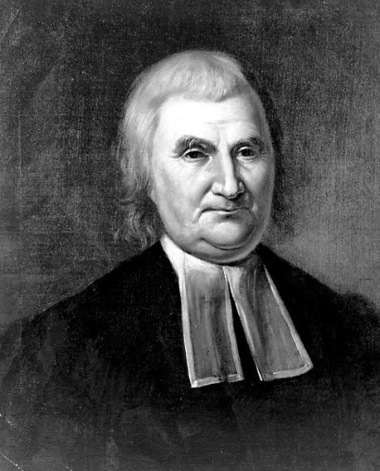I’ve spent a good number of years studying the university star system, informally, with the idea that I would be one of these academ-o-stars someday. (I’m not. Quite sad, that. I’ve decided that in my field to be a start you must be in an independent department, perhaps in a liberal arts college, because the other disciplines where planners are usually housed (architects or economists and political scientists) tend to form torch-wielding mobs at the mere thought that a planner might be a star within planning, let alone in the Massively Much More Important Worlds of economists and architecture. )
It’s actually really quite mysterious to me what makes for an academ-o-star in the first place. I completely understand why Manuel Castells is famous, but Stanley FIsh’s stardom has always fuddled me, and I have to say, so have various others over the years I’m too polite to mention.
Contrary to the Coursera idea that these “stars” are great classroom teachers, universities do not hire anybody because they are a “star” teacher. The people with highest teaching evaluations and most encomiums and sincerest dedication to teaching get “oh, that’s nice” from their administrators, so long as those activities don’t crowd out publishing. I’ll be the first to say that good teaching and good research supplement each other, but you can’t be seen as letting teaching eclipse your research, and it really doesn’t matter how much you produce in research: if the students think too highly of you…there will be the lingering suspicion that you could have done more research had you not squandered time on being available to the people who actually pay the university’s bills.
That said, what are star professors? Star professors are the ones that line up many citations; they are people that other scholars recognize. Professors who are stars have a ‘brand’–a set of contributions for which they are associated, and those contributions are considered important. Usually, stars bring money–federal money, optimally. Stars bring the attention of other scholars at other universities to you so that your university might move up the rankings. Those rankings in USA Today matter like crazy to the minds of the administrator.
It helps if your stars like to write op-eds and talk on tv, particularly for us in policy schools. And yeah, being handsome or pretty is jackpot: see Ferguson, Niall.
Star faculty are used, as I pointed out on Facebook, like the Picasso in the exhibition: they get people through the door to see the rest of the non-famous, but probably worthy, parts of the exhibit, just like the Tony or Academy Award winner gets more eyes on the play or movie. The other actors may be benefit from this, but it’s not clear. Try looking at the promotional materials for VT and see if you can find one that doesn’t prominently feature Nikki Giovanni.
Other rules, less rational in a market.
1. The person you must lure from a university 900 miles away is a star; the person with pretty much the same record already working for you is infinitely unworthy compared to that person 900 miles away.
2. Teaching is immaterial to how much research one should produce, unless is letting a star out of teaching. To wit: one will say to one’s dean, “oh, my, I’m disappointed in my raise this year. What’s the deal? Whom should I be looking to as exemplars.” He will say “Star X and Star Y outproduced you in publication by a lot.” One responds: “But Star X only teaching one class a year with 10 students in it, and Star Y teaches 2 classes a year, and I teach four classes a year with 50 students each in it.” Dean: Blank stare, then “but they publish more than you.” The assumption, of course, is that your teaching is easy and must take you no time whatsoever, but that when it comes to negotiating, stars may of course be rewarded with low teaching duties because, well, teaching is so time-consuming.



